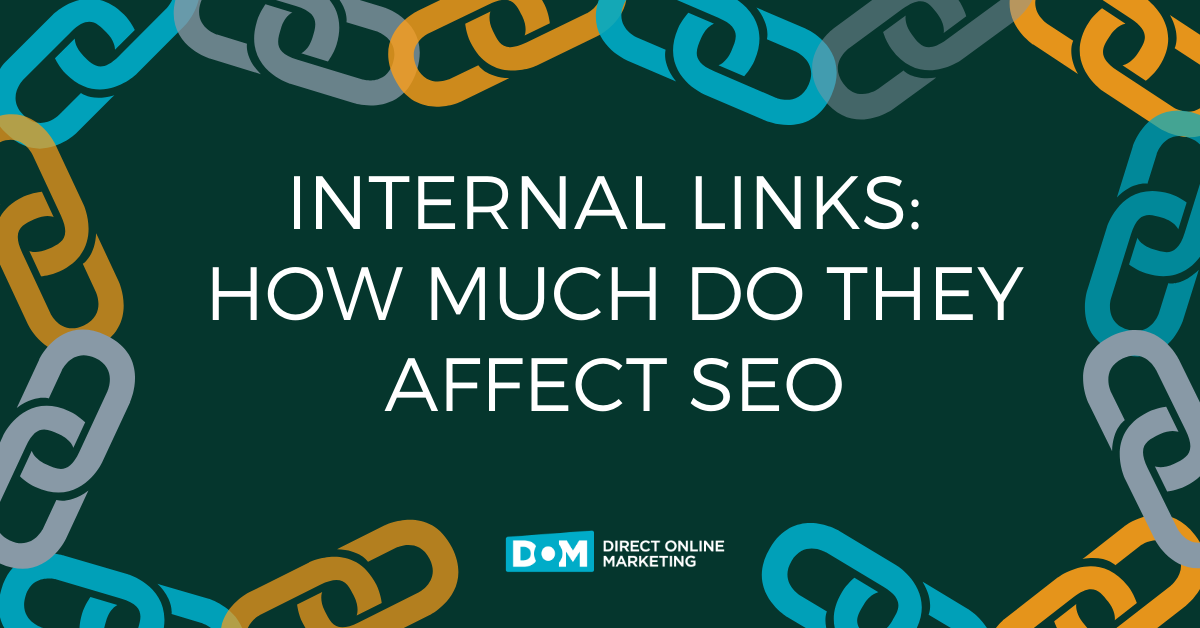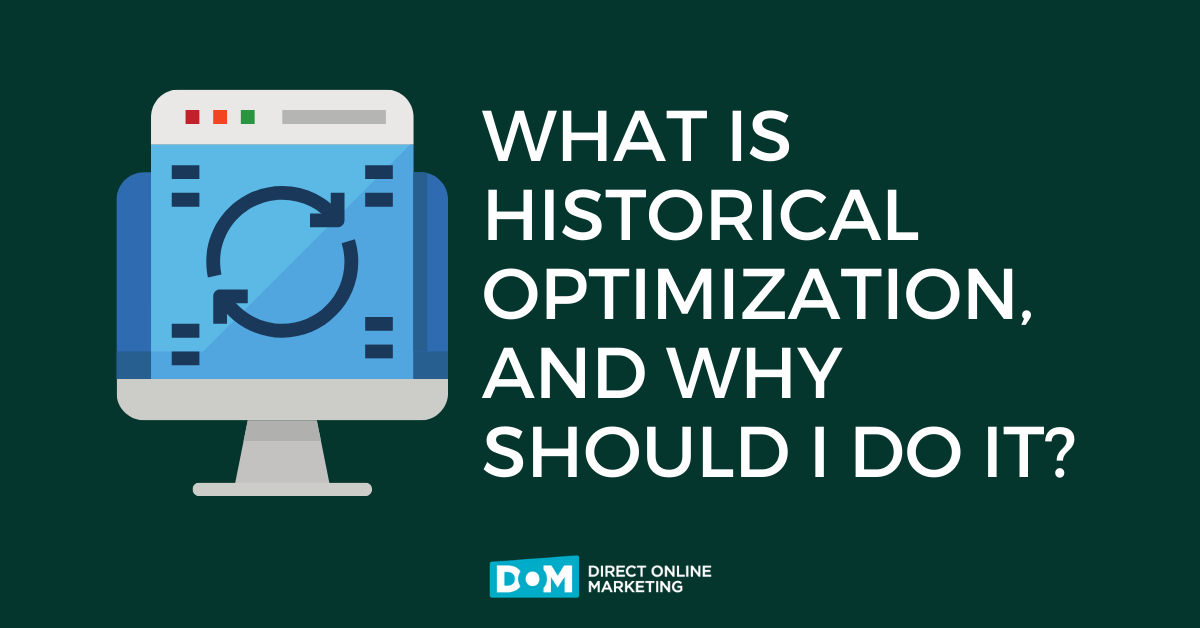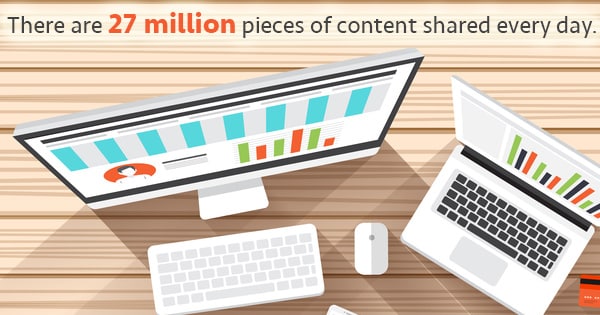
I get asked a lot to speak to groups about the pitfalls of social media. Whether it’s free advice to schools, a training session, or a paid gig to employees of an organization (often subtitled, “Don’t Do Stupid $#%!”), the topic always turns to parents and their kids. Today a reporter from Compass – a magazine sent to high schools – asked me to provide some tips for high school and college students about what not to do on social media while looking for a job. Because the topic comes up so much, I decided to expand upon the interview and provide some advice here on Found.
Found Video Recap
I used to walk 2 miles to school uphill in the snow…
Unfortunately we live in an age where virtually everyone has a digital footprint, voluntarily or not. Mistakes and stupid actions I took as a kid I could get away with or had limited consequences. Heaven forbid there would have been a Boys Gone Wild* video series (or market for it) when I was in college. * After an extensive Google Image search, I feel confident in saying there does not exist any photo even remotely appropriate to use here and I don’t feel like Photoshopping one. Regardless of Google’s and Bing’s recent decisions to offer some additional privacy options for Europeans after a European court ruling, these same mistakes today can live forever and cause much more real world damage. Here are some tips for students and parents to keep in mind:
- Privacy doesn’t exist. Just because you use tight privacy settings, are careful with whom you share, and don’t use your real name, you’re not anonymous. It’s relatively easy for college admission staff, HR representatives, and the police to find you already – with or without catfishing. And it’s only going to get easier as facial recognition software evolves.
- Everything lives forever. When I was a kid, my dad said to never put in writing anything you didn’t want published on the front page of the New York Times. Today anything you post – or is posted about you – can live forever. Just assume it will. Snapchat is the most dangerous of the platforms currently out there because people assume their photos and videos will disappear. That’s simply not true – as they were forced to admit after a settlement with the Federal Trade Commission.
- Be safe. Want to post those pics with your roommates on the beach? Wait til you get back from vacation. Otherwise you might as well hang a “Please Rob Me” sign on your door. And do not share your current location with any networks, especially if you’re female. That makes it just as easy for stalkers to track you down as it does for your friends.
I don’t want to sound too harsh on social media. After all, a good bit of our income comes from it. Here are some ways students can best use it to their advantage:
- Paint yourself in a favorable light. We already established that recruiters will check out your social media profiles at some point during the hiring process – often before they even decide to offer a phone interview – so don’t post that picture of you doing a keg stand on Instagram. Party however you want in person, but if you wouldn’t want your employer to see it, don’t post it.
- Build a strong portfolio. What are you passionate about? What do you do well? Start showing that off online through a blog, Tumblr, Pinterest, Instagram, or whatever platform you prefer. One, that forces you to practice and to do your best. Two, it allows potential employers to learn more about you and see your skills even if they don’t directly relate to their companies. As a side note, if you’re really talented, it can help you establish yourself as an expert. The more niched your expertise, the better for your future earnings. Being an expert in something very specific allows you to set your own rates.
- Start networking. Set up a LinkedIn page. Even if you don’t have a lot of experience to add yet, you can use it to highlight your skills and receive endorsements. Plus it allows you to start networking. It’s a great way to have a connection to people you want to work with now, and it allows you to connect with current friends that you may want to get in touch with later on in life when you don’t see them anymore.
So much more can be said on the topic – please add your own advice in the comments. Questions welcomed, too!


